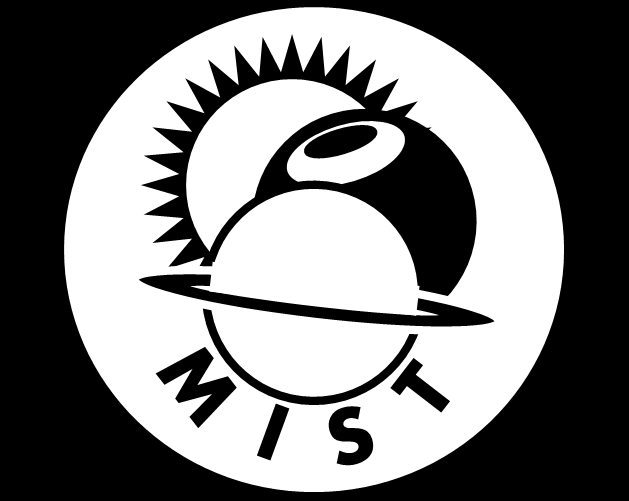MIST
Magnetosphere, Ionosphere and Solar-Terrestrial
School students discover sounds caused by solar storms
By Martin Archer, School of Physics and Astronomy, Queen Mary University of London, UK.
Earth’s magnetic shield is rife with a symphony of ultra-low frequency analogues to sound waves. These waves transfer energy from outside this shield to regions inside it and therefore play a key role in space weather - how space poses a risk to our everyday lives by affecting power grids, GPS, passenger airlines, mobile telephones etc.
While these waves are too low pitch for us to hear them, Archer et al. [2018] show that we can make our satellite recordings of them audible by dramatically speeding up their playback. These audio versions of the data can be used by school students to contribute to research, by having them explore the data through the act of listening and performing analysis using audio software.
An example of this is presented where school students from Eltham Hill School in London identified “whistling” sounds whose pitch decreased over the course of several days. This event started when a coronal mass ejection, or solar storm, arrived at Earth causing a big disturbance to the space environment. It turned out that the whistling sounds were vibrations of Earth’s magnetic field lines, a bit like the vibrations of a guitar string which form a well-defined note. While the solar storm stripped away much of the material present in Earth’s space environment, as it started to recover following the storm, this started to refill again. It was this refilling that caused the pitch of the sounds to drop slowly over time.
Previously events like these had barely been discussed and therefore were thought to be rare. However, many similar events were discovered in the audio which also followed similar disturbances, revealing that these types of waves are much more common than previously thought.
Video: https://www.youtube.com/watch?v=X6vbST9iMOU
For more information, please see the paper below:
Archer, M.O., M.D. Hartinger, R. Redmon, V. Angelopoulos, and B. Walsh. (2018), First results from sonification and exploratory citizen science of magnetospheric ULF waves: Long‐lasting decreasing‐frequency poloidal field line resonances following geomagnetic storms, Space Weather, 16, https://doi.org/10.1029/2018SW001988
